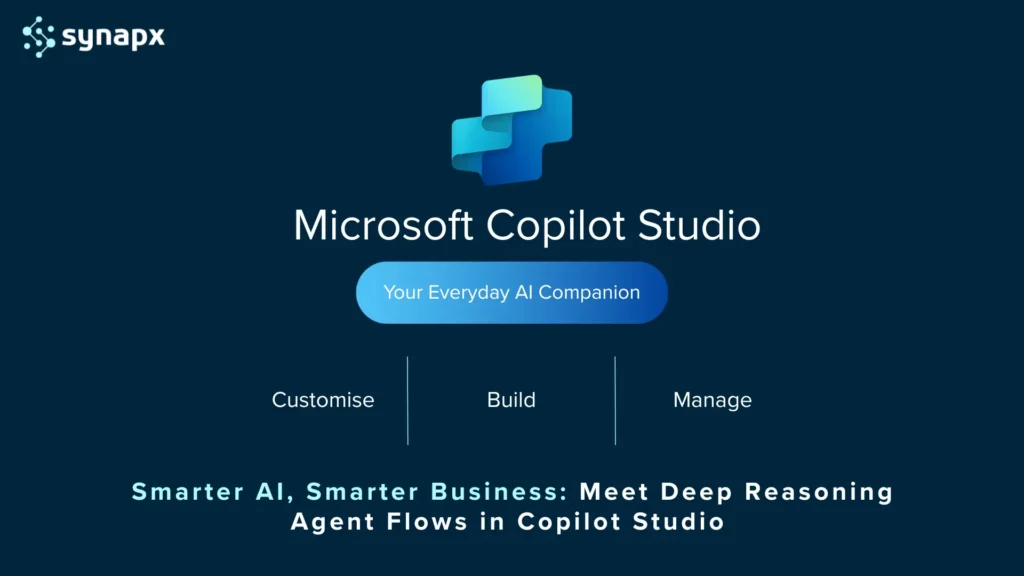Automating processes within a business can significantly enhance efficiency, reduce costs, and improve overall performance. In today’s fast-paced business environment, the ability to streamline operations and minimise manual interventions can provide a substantial competitive advantage.
Power Automate, with its vast array of applications, can be tailored to suit the needs of various industries and businesses. Its ability to automate tasks and processes spans simple data management to complex operational workflows. Below are some use cases for Power Automate:
Financial Services
Automated Loan Processing: Automating data collection from various sources (like credit score companies, employment history, etc.), evaluating eligibility based on predefined criteria, and routing applications to the right personnel for final approval. This process reduces processing time and human error, improving customer satisfaction.
Compliance Monitoring: Setting up workflows to automatically scan and analyse transaction patterns against regulatory criteria, flagging and reporting suspicious activities to compliance officers. This ensures ongoing, real-time compliance with regulations like anti-money laundering (AML) laws.
Healthcare
Patient Appointment Management: Integrating with Electronic Health Record (EHR) systems to automatically update patient records with appointment details, send pre-appointment questionnaires, and route responses back to healthcare providers.
Medical Records Management: Creating workflows that automatically categorise and store incoming patient data, such as test results or specialist reports, into the patient’s EMR. This improves data accuracy and availability for healthcare providers.
Retail
Inventory Management: Linking inventory systems with sales data to automatically adjust stock levels, generate restock alerts, and even initiate purchase orders with suppliers, thereby reducing the risk of stockouts or overstocking.
Customer Feedback Analysis: Aggregating feedback from various channels, using text analysis to categorise feedback into themes (like product quality, service, pricing), and generating reports for management to identify areas for improvement or opportunities.
Manufacturing
Supply Chain Automation: Implementing real-time monitoring of supply chain logistics, automatically updating inventory levels, and notifying relevant departments about delays or discrepancies in shipments.
Quality Control Processes: Analysing sensor data from production equipment to detect quality deviations. Automatically initiating maintenance requests or production adjustments when anomalies are detected to maintain product quality.
Education
Student Onboarding and Administration: Creating workflows that trigger upon submission of online application forms, automating the generation of student IDs, enrollment in necessary classes, and communication of next steps to students.
Course Feedback and Improvement: Automating the collection of end-of-course evaluations, analysing responses for trends and areas of concern, and summarising findings for faculty and administration to inform curriculum development.
Marketing and Sales
Lead Management: Implementing a system where leads captured from various sources are automatically entered into a CRM, scored based on engagement or demographic data, and assigned to sales representatives based on territory or expertise.
Campaign Management: Automating the scheduling and posting of social media content, tracking engagement in real-time, and aggregating data from various campaigns to analyse effectiveness and ROI.
Human Resources
Employee Onboarding: Streamlining the new hire process with workflows that trigger tasks like creating email accounts, scheduling training sessions, ordering equipment, and sending out welcome packets automatically upon employee record creation.
Leave Request Processing: Developing a system where leave requests submitted through an internal portal are automatically routed to the appropriate manager for approval, with updates to the employee’s calendar and HR system upon approval.
IT and Support Services
Ticketing System Automation: Categorising incoming IT support requests based on keywords or sender, prioritising them based on severity, and assigning them to available technicians based on their expertise and current workload.
Regular IT Maintenance Tasks: Setting up regular automated checks for system health, security updates, and backups. Automating routine tasks like disk cleanup, user access reviews, and security audits.
Conclusion
These examples illustrate just a fraction of what Power Automate can do. Its flexibility and integration capabilities make it a valuable tool for virtually any industry looking to optimise processes, reduce manual labour, and enhance efficiency. Whether for streamlining internal operations or enhancing customer-facing services, Power Automate offers solutions that can be customised to the unique challenges and needs of each sector.
If you’re seeking to unlock the full potential of automation in your business, our Power Automate consultancy can guide you through identifying key areas where automation can transform your business. Whether you aim to streamline operations, enhance efficiency, or improve customer satisfaction, our expert team is here to pave the way. Get in touch for a free consultation today.



